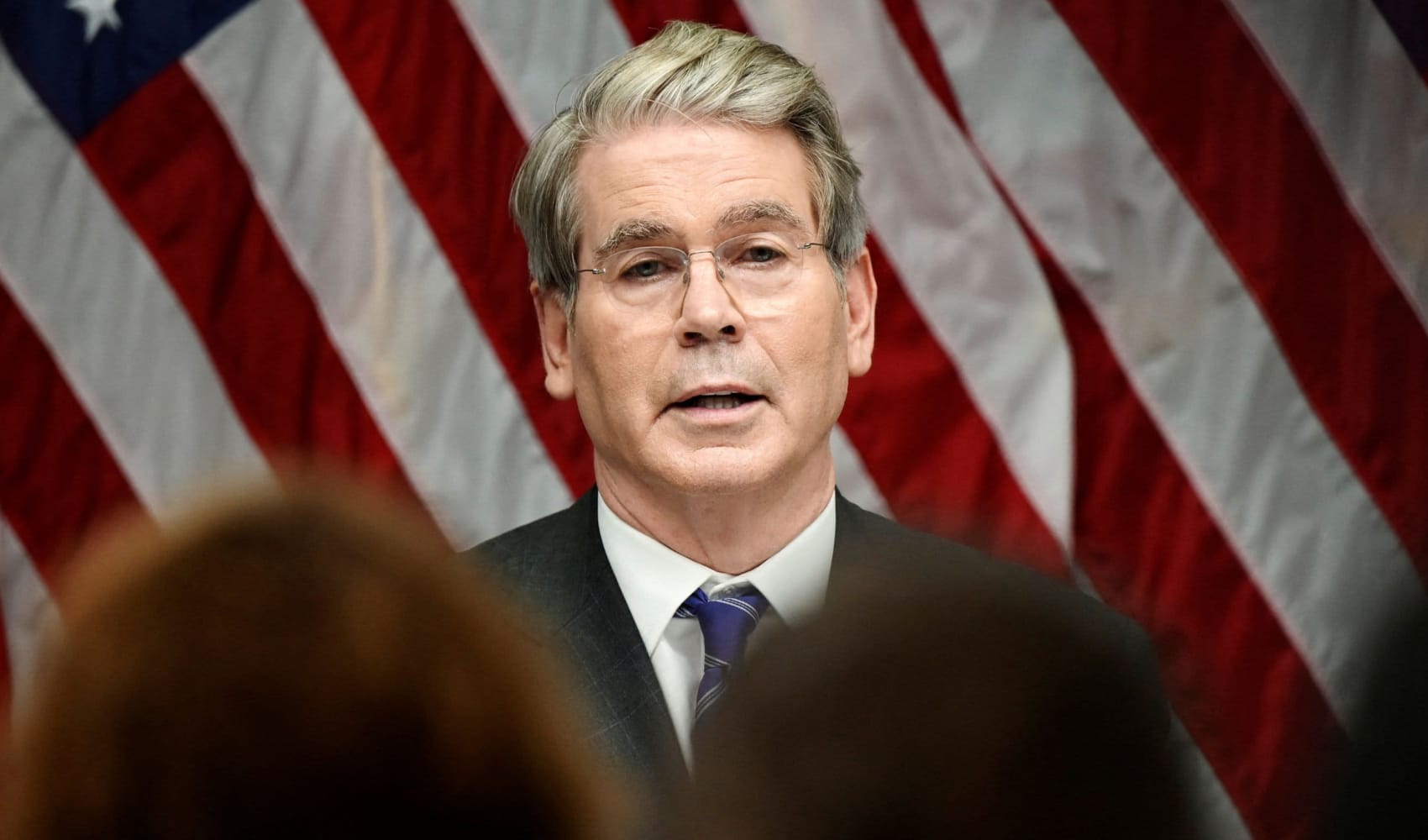Treasury Secretary Scott Bessent has recently expressed a strong sense of optimism regarding the ongoing trade discussions between the United States and China, signaling that a significant agreement could be on the horizon. His statements provide a glimpse into the delicate yet crucial negotiations aimed at resolving long-standing economic tensions between the two global powers.
Bessent’s confidence stems from what he described as “the makings of a deal,” though he candidly acknowledged that a few technical details still require finalization on the Chinese side. This indicates that while the broad strokes of an agreement may be in place, the intricate specifics are still being ironed out through diligent dialogue.
The Secretary characterized the recent two-day talks in Stockholm as “tough,” highlighting the challenging nature of the discussions. Both nations are known for their firm negotiating stances, and these discussions were no exception, reflecting the significant interests at stake for each economy.
A critical element of any potential trade pact involves the personal endorsement of President Donald Trump. Bessent noted that he had not yet discussed the specifics of the deal with the President, emphasizing that Trump’s approval is a necessary final step for the agreement to proceed.
Currently, the U.S. and China are operating under a truce on tariffs, a temporary pause in the aggressive duties previously imposed by both sides. This period of de-escalation is set against the backdrop of an approaching deadline, with both nations having until August 12 to reach a comprehensive agreement.
Historically, the tariff conflict saw the U.S. implement substantial duties, reaching a peak of 145% on Chinese imports, which was met by China’s counter-duties of 125%. These rates have since been significantly reduced, with the U.S. lowering its tariff to 30% and China cutting its rate to 10%, reflecting efforts to ease trade friction.
The cautious optimism articulated by Secretary Bessent underscores the complex dance of international diplomacy and economic strategy. The world eagerly awaits the outcome of these high-stakes negotiations, which have the potential to reshape global trade dynamics and influence economic stability.






Leave a Reply